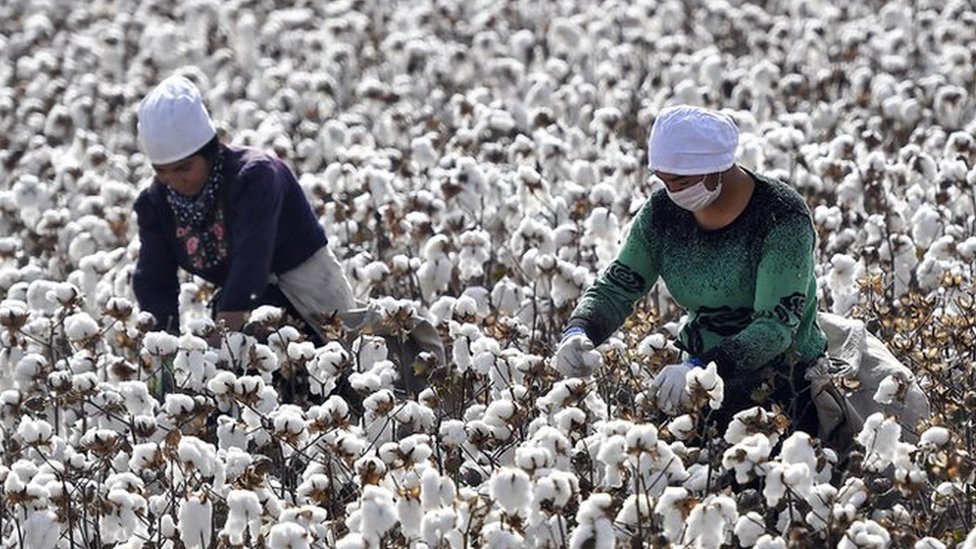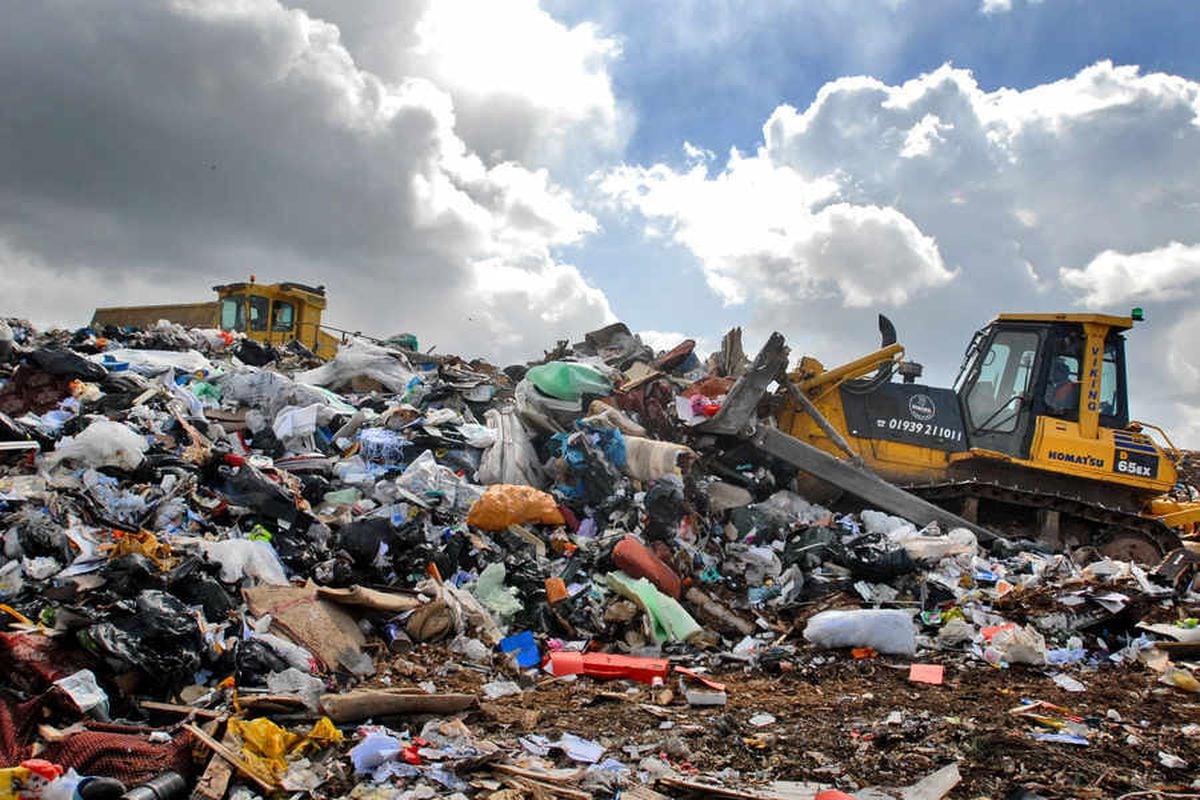 Soil Degradation: Intensive cotton farming practices often lead to soil erosion, degradation, and loss of fertility. The continuous monoculture of cotton depletes nutrients from the soil, making it less productive over time and requiring more chemical inputs.
Soil Degradation: Intensive cotton farming practices often lead to soil erosion, degradation, and loss of fertility. The continuous monoculture of cotton depletes nutrients from the soil, making it less productive over time and requiring more chemical inputs.
Deforestation: In some cases, forests are cleared to make way for cotton plantations, leading to deforestation. This not only disrupts ecosystems but also contributes to the loss of biodiversity and habitat destruction.

Energy Consumption: The processing and manufacturing of cotton into fabric require substantial amounts of energy. From ginning and spinning to weaving and dyeing, traditional cotton production consumes a significant portion of non-renewable energy sources.
Carbon Footprint: Cotton production contributes to greenhouse gas emissions. The use of synthetic fertilizers, transportation, and energy-intensive processes release carbon dioxide and other greenhouse gases into the atmosphere, exacerbating climate change.

Worker Exploitation: The cotton industry has been associated with poor working conditions and exploitation of workers, particularly in developing countries. Low wages, long working hours, and unsafe practices are prevalent issues in many cotton-producing regions.
Genetic Modification: Genetically modified (GM) cotton varieties have become common in many countries. While GM cotton can increase yields and pest resistance, concerns remain about the long-term environmental impact and potential risks associated with genetically modified organisms (GMOs).

Water Pollution: The chemicals used in cotton farming, such as pesticides and fertilizers, can leach into water bodies, contaminating rivers, lakes, and groundwater. This pollution not only affects aquatic ecosystems but also poses risks to human health.
Waste and Disposal: The fashion industry generates a significant amount of waste, and cotton garments contribute to this problem. Fast fashion and excessive consumption lead to discarded cotton clothing ending up in landfills, where they contribute to environmental pollution and take a long time to decompose.

Addressing these issues and transitioning towards more sustainable alternatives like hemp can help mitigate the negative impacts of traditional cotton production on the environment, human well-being, and the future of the fashion industry.
So in short, this is why we're stoked to be using solely eco-friendly materials for all our clients merchandise production. We think they're pretty points.

